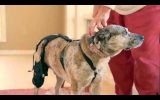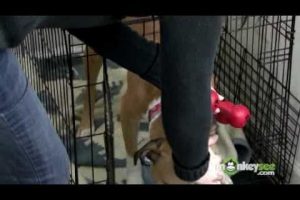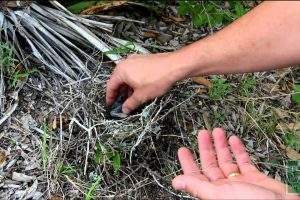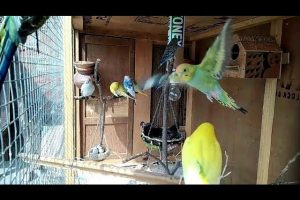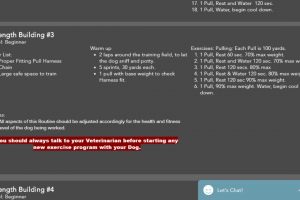Rex the Collie had been vomiting for five days. He was keen to eat food, but every meal was regurgitated after half an hour. Poor Rex was seriously ill, and his owners had brought him to me for help.
Vomiting is common in the dog world. Dogs are scavengers by nature – in the wild they are carrion eaters, and their stomach is designed to reject any foodstuffs which are not suitable for digestion. This rejection occurs by the vomiting reflex, which involves rapid contraction of the stomach, followed by forcible regurgitation of all stomach contents through the mouth.
Modern domestic dogs have retained both the scavenging instinct and the effective vomiting reflex. In practice, this means that dogs love raking around for scraps of food. Raiding the garbage is a popular pastime for dogs of all shapes and sizes. In addition, if pet dogs eat anything unusual or indigestible, their owner will often find the consequences on the kitchen floor the following morning.
An occasional vomiting episode does no harm, and in fact may perform the useful function of ejecting unwanted rubbish out of the digestive tract. In most cases, if a dog is fasted for twenty-four hours after a vomiting episode, no further treatment is needed, and the animal returns to normal.
However, if an animal vomits repeatedly, and if fasting does not cure the problem, then the situation is more serious.It is then essential to take the affected animal to the vet.
When Rex arrived, it was clear that there was something serious happening. An X-ray of his abdomen showed exactly what was wrong. His stomach was packed full of sharp-ended pieces of bone. His owner had told me that he enjoyed chewing bones. He had obviously chewed this bone into dangerously shaped pieces, which he had then swallowed.
Rex was immediately set up with a drip of warm intra-venous fluids. Repeated vomiting causes the loss of large amounts of regurgitated secretions from the body, which causes dehydration. Dehydration can cause life-threatening complications. It is important to correct any fluid imbalance before attempting other treatment of a dehydrated vomiting animal.
When Rex had been stabilised with fluids, he was given a general anaesthetic, and a gastrotomy was carried out. After opening into his abdomen, his stomach was lifted up to the incision line. The stomach was cut open using a scalpel blade, and the impacted, boney contents were removed. The sharp edges of bone had dug into the outlet of the stomach, causing a complete obstruction. When the stomach contents had been flushed out, Rex’s stomach was sewn up again, and the incision into his abdomen was then closed.
Rex was awake less than an hour later, but he was a sleepy dozey dog, with his senses blurred by the high dose of post-operative pain killers. By the next morning, he was back to tail-wagging form, but he was given no food for another 24 hours. The stomach produces acid whenever food is eaten, so it is important that an animal is fasted until the initial phase of healing of a stomach wound is complete.
Rex enthusiastically devoured a small bowl of bland food the next morning. He remained under close observation for a further three days, but there was no more vomiting. He went home with strict instructions for a carefully supervised diet.
Rex has had no further problems, but he no longer enjoys the luxury of fresh bones from the butcher. His owner has decided that one operation is enough, and Rex has been confined to a standard meat and biscuit diet. His bone crunching days are over!
View Original Source



